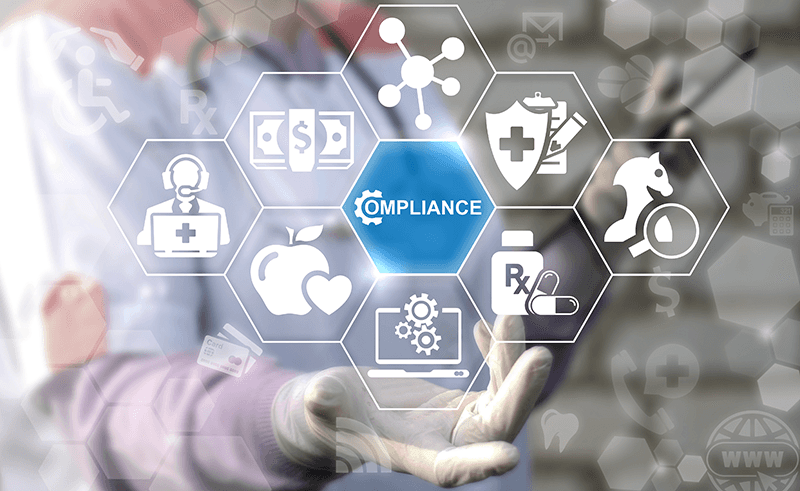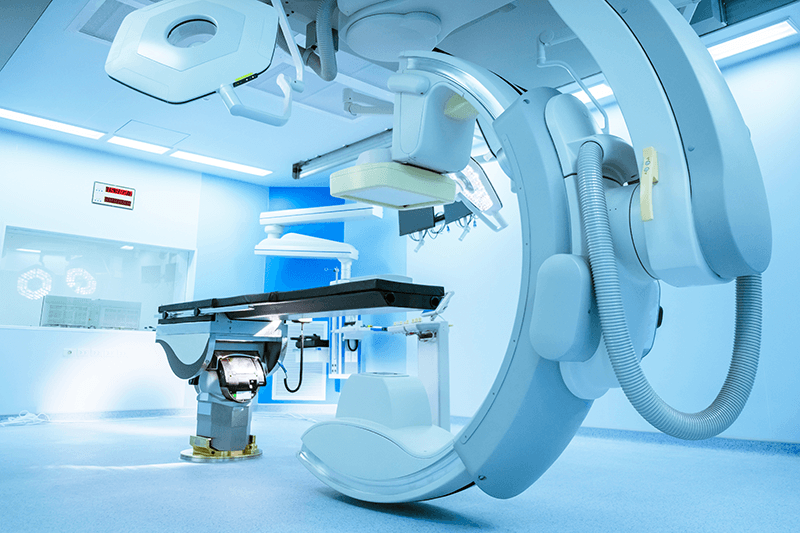In the ever-changing landscape of healthcare regulations, staying compliant is a continuous challenge for providers, payers, and healthcare organizations. With frequent updates to laws, insurance requirements, and billing codes, manual processes simply can't keep up. This is where automation steps in, transforming the way healthcare providers manage compliance, mitigate risk, and streamline operations.
The Importance of Compliance in Healthcare
Compliance in healthcare is essential for ensuring the safety of patients, the accuracy of billing, and the protection of sensitive data. Failing to comply with regulations such as the Health Insurance Portability and Accountability Act (HIPAA) or the Affordable Care Act (ACA) can lead to:
Fines and penalties: Non-compliance can result in hefty financial penalties that strain resources.
Reputational damage: Trust is a critical element in healthcare; violations can significantly harm a provider's reputation.
Legal consequences: Incorrect billing or improper handling of patient data can lead to lawsuits and legal consequences.
Maintaining compliance isn't just about avoiding these risks—it’s about providing a high standard of care and ensuring that patients’ rights and confidentiality are respected.
How Automation Ensures Compliance in Healthcare
Automating key processes in healthcare compliance offers several benefits, including increased accuracy, faster response times, and reduced operational costs. Here’s how automation can help ensure compliance in various areas of healthcare:
1. Regulatory Reporting Automation
Healthcare providers are required to submit various reports to regulatory bodies, such as those related to patient care, financial transactions, and employee health and safety. Automation helps to streamline this process, ensuring that reports are accurate, timely, and in compliance with regulations.
How It Works: Automation tools collect relevant data, format it according to regulatory standards, and send it to the required agencies without manual intervention. This reduces human error and the time spent on paperwork.
Example: A leading hospital network in California uses automated reporting systems to submit quality care reports to the Centers for Medicare & Medicaid Services (CMS). This automation has significantly reduced reporting errors and cut the time spent on compliance reporting by over 30%.
2. HIPAA Compliance Automation
The Health Insurance Portability and Accountability Act (HIPAA) imposes strict standards on the handling of patient data. Automation can play a key role in maintaining HIPAA compliance by safeguarding sensitive patient information.
How It Works: Automated systems can monitor data access and usage, flagging unauthorized access attempts, and ensuring that patient data is encrypted and stored securely. Workflow automation can also ensure that patient consent forms and documentation are properly managed and updated.
Example: A healthcare provider in Texas implemented an automated compliance tool to monitor access to electronic health records (EHR). This tool has reduced potential violations and provided an audit trail that helps maintain HIPAA compliance.
3. Billing and Coding Compliance
One of the most common areas for compliance issues in healthcare is billing and coding. Manual entry of codes for procedures and diagnoses can lead to errors and result in fraudulent claims. Automation in coding and billing ensures accuracy and compliance with billing standards.
How It Works: Automated coding systems analyze patient data and assign the correct codes based on the diagnosis and treatment provided. These systems can also flag discrepancies, such as mismatched codes, to prevent fraud.
Example: A large medical group in New York has adopted automated coding tools to ensure that all claims are submitted correctly the first time. The result has been a significant decrease in claim denials and audits.
4. Patient Consent Management
Managing patient consent forms is another critical component of compliance in healthcare. Automation can streamline the collection, storage, and verification of consent, ensuring that the process adheres to both legal and ethical standards.
How It Works: Automated workflows can collect patient consent electronically, store the forms securely, and update them when necessary. They can also send reminders to patients for consent renewals or updates.
Example: A hospital in Ohio has automated its consent process, enabling patients to electronically sign forms before appointments. This has improved efficiency and ensured that all necessary consents are obtained and documented in real-time.
5. Auditing and Risk Management
Healthcare providers are required to regularly audit their practices to ensure they are meeting compliance standards. Automation makes it easier to track key compliance indicators and perform audits without the need for manual reviews.
How It Works: Automated systems track and log all compliance-related activities, from billing to patient data access, and generate reports that highlight potential risks. These audits help providers stay ahead of compliance issues before they become major problems.
Example: An insurance company partnered with an automation provider to monitor its claims processes and identify irregularities in real-time. This proactive approach allowed the company to reduce fraudulent claims and improve compliance across all departments.
The Future of Healthcare Compliance with Automation
The role of automation in healthcare compliance is only expected to grow. As regulations become more complex, automation will continue to be a key driver in simplifying compliance management, reducing risks, and ensuring that healthcare organizations can meet the stringent requirements of the industry.
The healthcare industry is already seeing the benefits of automation in improving compliance. Providers who adopt automation will be better positioned to handle the evolving regulatory landscape, mitigate risks, and focus on delivering quality patient care.
Conclusion
The healthcare industry faces complex and ever-evolving compliance requirements, making it difficult for providers to stay ahead. Automation is a game-changer in ensuring healthcare organizations meet regulatory standards, improve operational efficiency, and reduce risk. By automating tasks such as reporting, billing, coding, and consent management, healthcare providers can stay compliant with less effort and less risk.
As more healthcare organizations embrace automation, we’ll see continued improvements in efficiency, patient care, and overall compliance. The future of healthcare compliance is automated, and the organizations that invest in these solutions today will be better equipped to navigate the challenges of tomorrow.





